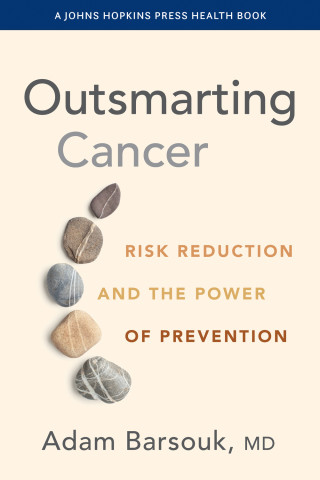
Reviews
A readable and helpful book for people struggling with their mental health during the pandemic.
Starting with the premise that we are fundamentally social beings, this book by noted physician-author Susan J. Noonan explores the profound mental health impacts of social isolation and loneliness, whether due to COVID-19 or other circumstances. This beautifully and empathically written book is replete with wise, practical, and accessible insights, skills, and resources. Anyone healing after a period when meaningful social connections have been disrupted is likely to draw much hope and support from within these pages.
The COVID-19 pandemic made social isolation a global problem. In her customary friendly and empathetic style, Dr. Noonan explains how social isolation affects us and shares what we can do to feel and function better in spite of it. Reconnecting after Isolation, which is presented in bite-sized pieces, contains a treasure trove of real-world, practical solutions to the problems caused by social isolation. It also explains why, counterintuitively perhaps, social re-entry can have its own set of problems. Concise but comprehensive, authoritative but accessible, this book deserves a spot on every bookshelf.
Openly acknowledging the isolation so many people faced in the pandemic and its ongoing impact on our mental health is so important, Reconnecting after Isolation goes further by addressing the consequences on those living with depression and other mental health conditions. Most importantly, Susan Noonan offers various paths to treatment, thoughtfully presentin options for each person to consider when looking for the appropriate steps forward toward better wellness.
For many years, Dr. Noonan's books on depression have been at the center of our support groups for those living with mood disorders and striving for emotional wellness. Reconnecting after Isolation expands upon several impotant topics introduced in her classics Take Control of Your Depression and Helping Others with Depression. With her usual crystal clarity Dr. Noonan explains what isolation is, its dangers, and the impact on related disorders. Using the Covid experience as a springboard, she then provides strategies for emotional wellness and overcoming isolation. Everyone, including facilitators, families, and friends, will benefit from this welcomed addition.
Reconnecting after Isolation provides an approachable, research-based guide for all who are navigating the far-reaching effects of social isolation. It is packed full of thoughtful considerations and tangible strategies for effectively coping with the stressors/fallout from the pandemic and the impact of social isolation more broadly. A highly recommended and timely read.
Book Details
Acknowledgments
Introduction
Part One. How Does Social Isolation Affect Me?
Chapter 1. What Is Social Isolation?
Chapter 2. Stress and Coping Skills
Chapter 3. Facing Our Fears
Chapter 4. Fatigue and
Acknowledgments
Introduction
Part One. How Does Social Isolation Affect Me?
Chapter 1. What Is Social Isolation?
Chapter 2. Stress and Coping Skills
Chapter 3. Facing Our Fears
Chapter 4. Fatigue and Burnout
Chapter 5. The Ability to Grieve
Chapter 6. Isolation and Mental Health
Chapter 7. Suicidal Thoughts or Impulses
Chapter 8. Substance Abuse and Addictions
Part Two. What Can I Do to Help Myself?
Chapter 9. Understanding the Basics of Mental Health
Chapter 10. Finding Effective Professional Mental Health Care
Chapter 11. Is Talk Therapy Right for Me?
Chapter 12. Building and Maintaining Resilience
Chapter 13. Looking Forward: Reentry Anxiety
Final Thoughts
Glossary
Resources
References
Index






